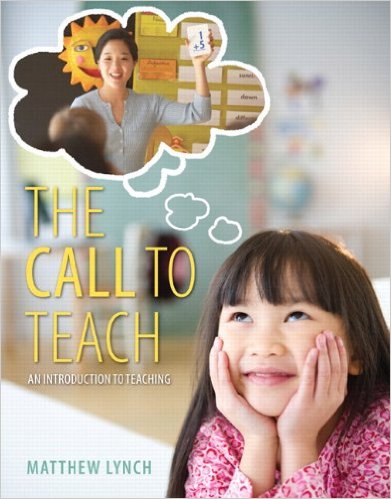Pass or Fail: Strategies for Managing Poor Academic Performance

In this multi-part series, I provide a dissection of the phenomenon of retention and social promotion. Also, I describe the many different methods that would improve student instruction in classrooms and eliminate the need for retention and social promotion if combined effectively.
While reading this series, periodically ask yourself this question: Why are educators, parents and the American public complicit in a practice that does demonstrable harm to children and the competitive future of the country?
When a child is struggling academically, the course of appropriate remediation is often as varied as the child himself. There is no one way bring a child up to speed – which is why blanket policies of retention and social promotion are so ineffective. Alternative strategies aren’t just preferable; they are necessary.
Alternative strategies for managing poor academic performance include various instructional plans and student management plans. Although clear categorization of alternatives is difficult to establish and maintain, the alternatives include proactive and reactive supports – academic, social, and blended supports.
A book by Glasser discusses the potential for increased enthusiasm and academic performance based on the modeling and relating of schoolwork directly to student interests and needs. For instance, a student interested in science but struggling in reading might be enticed to work harder at reading if directed toward specific scientific literature. A slightly older alternative, involves merit promotion and the use of a specific test or tests as the sole criteria for retention. A student who does better in a specific area moves to the next grade based on their performance on a single test (the tests that have the best results).
Incentive models tend to work quite well. Academic incentive programs tend to stress viable alternative strategies and emphasize service provisions to struggling students. Intense remediation in basic subject areas can help potential retainees, especially in grades five through to eight. Siegel and Hanson also discuss the potential for students to receive supplemental instruction in the areas where they are struggling. However, the proposed remedial aid has to be designed, so there are minimal absences from regular classroom activities. The general goal is to avoid slowing down a student’s general academic progress. Other school-based supports include stress counseling and study skill programs.
The Pennsylvania Department of Education (PDE) reported on the effectiveness of stress counseling and study skill programs for students in sixth and seventh grade who are failing in two or more subjects. Their results showed that enrollment in summer counseling and study skills programs, as well as makeup courses, can be useful. Although this report is 1985, it sheds some light on the evolution of educational interventions.
Siegel and Hanson also recommend high-quality extended day programs for students as retention alternatives.
The PDE also proposed learning resource programs for students identified by counselors, teachers, or administrators as being potentially in need of academic supports. Problems with academic performance, absenteeism, referrals, or recommendations emerged as criteria for inclusion in such a program. However, this alternative option needs to be there before students can use it. The decision to use the program must fall, in the end, on the students and their parents, because such programs depend entirely on the individual’s willingness to accept help.
The curriculum also should combine cognitive- and affective-based strategies, including reading, mathematics, and English, with other efforts to work on life skills, goal-setting, and critical thinking, sometimes with students getting practical experience by working with the sick and elderly. This alternative should, the PDE suggests, involve evaluation and reward for students who successfully follow the program and manage to graduate from high school.
The PDE also suggests that students should be in self-contained classrooms for basic subjects taught by volunteer teachers, with an emphasis on competence. Individualized instruction is also important, as it has been shown to help students to maintain a minimum required average grade for a given period. For struggling students, such minimum grade requirements may be daunting without targeted backups and supports.
For some struggling students, of course, the program described above will not work at all. Sometimes a rebound program or even a formal reading program may be more suited to their needs. For such cases, the PDE offers the Rebound Program, which focuses on seventh- and eighth-grade students and offers targeted interventions for reading challenges.
The target population for the Rebound Program is those students who have academic difficulties in the regular classroom. However, with this particular alternative strategy, the objective is for students to work within the Rebound Program for at least nine weeks so that they can receive individual instruction in a self-contained classroom with a single teacher and a maximum of fifteen students.
A formal reading program placement may work for children five years of age or older who are struggling to achieve the required level for reading. Another alternative for younger children is the abolition of the practice of delaying entrance into kindergarten classrooms. Siegel and Hanson suggest such placements depend on students’ developmental, not chronological, age.
Click here to read all my suggestions for alternatives to social promotion and retention.






